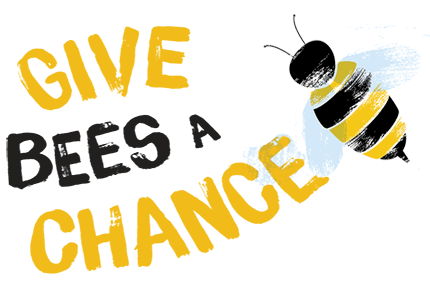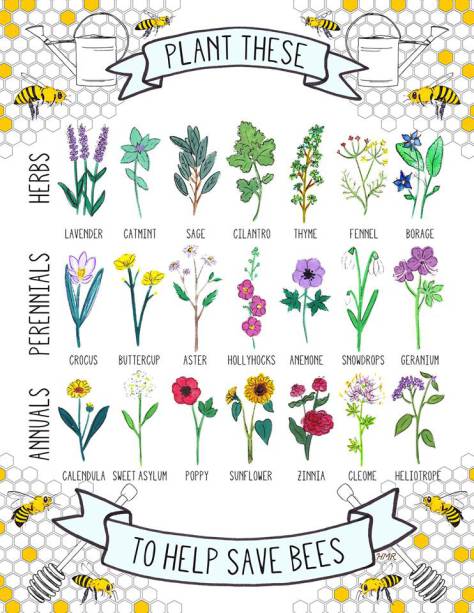 You’ve probably seen variations of “If the bee disappeared off the surface of the globe then man would only have four years of life left. No more bees, no more pollination, no more plants, no more animals, no more man.” While the origin of the quote remains ambiguous, the underlying importance of protecting the bees remains.
You’ve probably seen variations of “If the bee disappeared off the surface of the globe then man would only have four years of life left. No more bees, no more pollination, no more plants, no more animals, no more man.” While the origin of the quote remains ambiguous, the underlying importance of protecting the bees remains.
The good news is that bees aren’t the only pollinators. Butterflies, hummingbirds and even bats pollinate too.
Oregon State officials blamed the 2013 deaths of tens of thousands of bees on the improper use of the pesticides. Portland, OR recently banned the use of neonicotinoid insecticides, a wide-ranging classification of chemical pest killers, on city-owned property. Portland’s ban follows similar actions of at least eight U.S. municipalities, including Eugene, OR, and both Seattle and Spokane in neighboring Washington state.
Although the ban does not apply to private property, Portland’s ordinance also urges retailers to label insecticides products or other items that may contain the neonicotinoid chemicals.
After facing petition and letter campaign pressure, Lowe’s Home Improvement has decided to phase out products that contain neonicotinoid pesticides over the next 4 years. Other retailers like Home Depot, Whole Foods, and BJ’s Wholesale Club, have taken similar steps.
The U.S. Fish and Wildlife Service also pledged to ban the harmful insecticides last year on more than 150 million acres of public land.
It’s easy for all of us to do little things that combined together will have a positive impact on our pollinators:
Don’t use any pesticides, insecticides, or herbicides that will harm pollinators like bees.
Work with your neighbors to encourage a bee-friendly neighborhood.
Consider buying or building a beehive or bee house for your yard.
Plant flowers near your vegetables to attract pollinators.
Don’t kill pollinators when you’re outside. Many insects help turn vegetables into edible food as well as help keep your flowers and trees happy, healthy, and pretty to look at.



